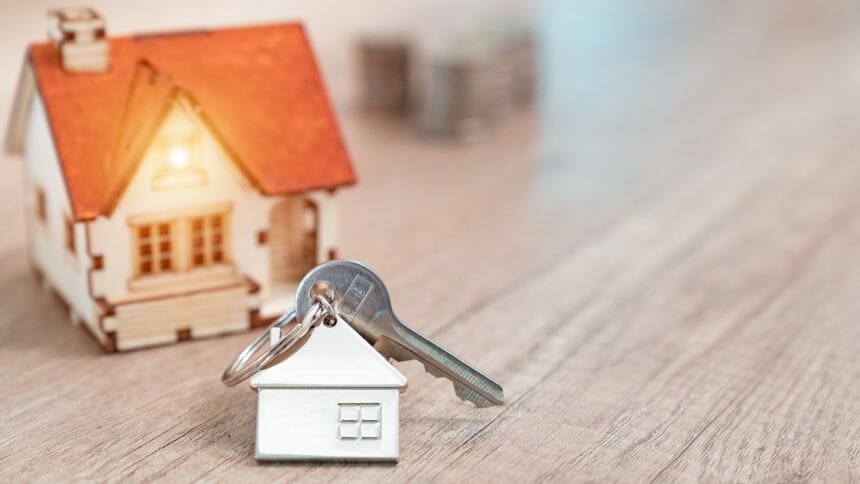
A draft bill in the House of Representatives includes LeadingAge’s request for $2.5 billion for new affordable senior housing.
The House Financial Services Committee held a hearing Wednesday to discuss investing in equitable and affordable housing infrastructure. Under consideration were 17 bills, including funding for new Section 202 Supportive Housing for the Elderly, as well as access to high-speed internet for residents under the Broadband Justice Act of 2021.
Both of these items are part of LeadingAge’s Blueprint for a Better Aging Infrastructure to expand the supply of affordable senior housing and to secure internet service in those residences. LeadingAge is seeking the $2.5 billion investment in Housing and Urban Development affordable senior housing to build about 54,000 homes and $1 billion for an Age Friendly Retrofit program for HUD-assisted senior housing to improve physical structures to include health and wellness activities and to improve air ventilation systems.
Redefining broadband as a subsidized utility through a $5 billion investment also would enable equal access to the telehealth, economic and social connectedness benefits of the internet, according to LeadingAge.
“The Section 202 program is the only program that exclusively provides housing assistance and supportive services for seniors,” Jacqueline Waggoner, president of the solutions division for Enterprise Community Partners, said during hearing testimony. “As we emerge from a pandemic that has had a dramatic impact on our elderly population, it is essential we provide this community with the resources they need to remain stably housed during the recovery.”
The latest draft of the Housing is Infrastructure Act includes more than $237 billion in funding for rental and homeownership programs, according to LeadingAge.
COVID-19 reimbursement
Meanwhile, affordable senior housing providers will have another chance to apply to be reimbursed for their COVID-19 expenses.
HUD on Tuesday announced another round of COVID-19 Supplemental Payments for Section 202, Section 8 and Section 811 housing providers. This third round applies to costs that providers incurred from vaccine and testing clinics, including operating costs for on-site clinics, overtime for property management staff and service coordinators, additional cleaning and personal protective equipment.
The new round also applies to costs for transportation services to take residents to nearby COVID-19 vaccination and testing sites.
Providers can apply for reimbursement of those types of COVID-19-related expenses as long as they occurred between Dec. 1, 2020, and March 31, 2021. The deadline to submit reimbursement requests is April 26.
Providers also can submit an additional reimbursement request for previous supplemental payment rounds in which they did not receive a payment — March 27 to July 31, 2020, and Aug. 1 to Nov. 30, 2020.
Tier 1 requests cover reimbursement of expenses up to a capped amount for each of the three operating periods, and Tier 2 requests cover costs increases associated with responding to reported COVID-19 outbreaks among residents or in response to extensive community exposure.
HUD provided a tip sheet for filing out the reimbursement request form.
The Coronavirus Aid, Relief, and Economic Security (CARES) Act provided $1 billion in project-based rental assistance for Section 8 properties, $50 million for Section 202 properties and $15 million for Section 811 housing for disabled individuals to “prevent, prepare for, and respond to coronavirus, including to provide additional funds to maintain normal operations and take other necessary actions during the period that the program is impacted by coronavirus.”
In funding COVID-19 supplemental payments, HUD allocated the remainder of the CARES Act appropriated funds and will cumulatively approve payments totaling up to $190 million to Section 8 properties, up to $25 million to Section 202 properties and up to $9 million for Section 811 properties and Section 202/162 project assistance contracts.




